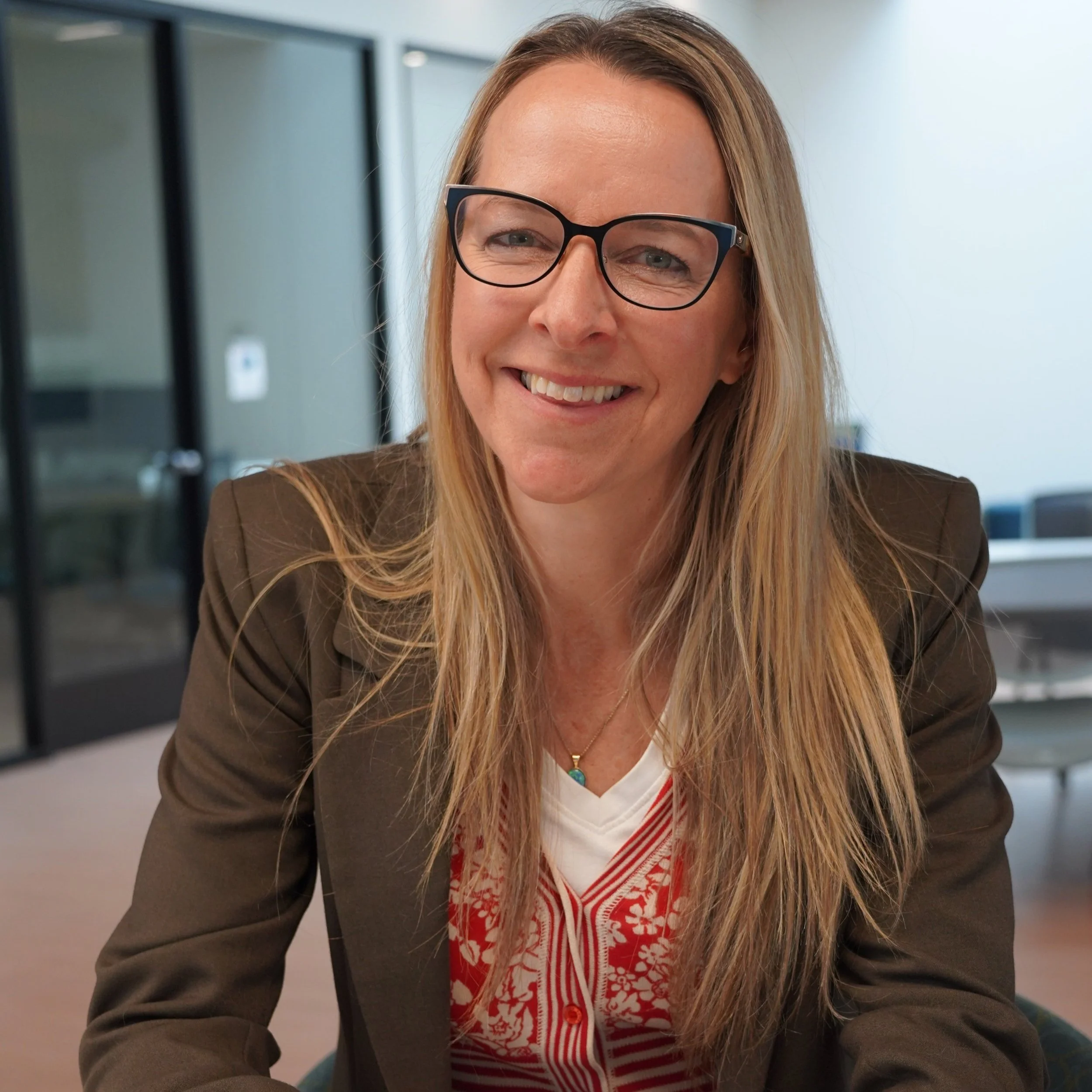Barb Rallison is the Associate Director of the Institute for Community Prosperity at Mount Royal University and a Founding Director of Local Investing YYC. On February 21, 2025 she was interviewed by Stephanie Jackman as part of Local Investing YYC’s series on its Board of Directors.
Steph: Barb, you've been an entrepreneur and a nonprofit leader. Tell me why becoming a founding director of Local Investing YYC was an important thing for you to do. What was the community problem that you were trying to solve?
Barb: It was one of those moments in time, when the opportunity was right because the investor tax credit in Alberta, under NDP leadership, really made local investing possible. I was really inspired by the work of investment coops that was happening in other parts of the province and thinking how we could apply [those principles] here in Calgary, and the impact that it could have on local businesses that were doing good for community and the planet. Also to give everyday people like myself an opportunity to invest back in to our local economy which, at that time, was not a thing.
Steph: Before Local Investing YYC, investment cooperatives were only in rural areas.
Barb: Yes, and we were really thinking, what if we could bring this into an urban context? It hadn't been done in Alberta. But we knew that entrepreneurs, particularly entrepreneurs that are driving social impact, need access to different kinds of capital and a community of support. It seemed like something we could really pull off in Calgary with our big entrepreneurial spirit, and existing wealth that could be invested locally.
Steph: I think about a local investing organization operating in a cooperative model as a great fit for impact-oriented businesses because a cooperative has all of those good sustainability values baked right into [the legal structure]. And one of the things that I hear from entrepreneurs regularly is that the challenge is finding values-aligned capital.
Barb: I totally agree. This conversation is making me think about the investment landscape a decade ago compared to now. Since 2019, Local Investing YYC has rallied together 143 member investors and raised $2.32 million in community-owned capital. We've invested in local businesses, many of whom have expressed just what you're saying. I think about Righteous Gelato in our initial portfolio and the conversation we had where James[Boettcher] was like, yes, of course, I want to be part of this, to have a community of investors that care about what I care about. And we've heard that through other investee businesses as well, that values-aligned sources of investment capital are important for their business. It's a good thing for them, and it's a good thing for our investor member community.
Steph: Yeah, and you know the opportunities that come from larger amounts of capital, like from BoAnn Social Impact or other institutional investors, that allow us to get more capital out into the community into local businesses, is really exciting to think about, right?
Barb: It absolutely is. Local Investing YYC is reflecting on that right now. How might we engage institutional forms of capital alongside retail capital to be able to invest more into our local economy? You know, there's something that happened during that period when Local Investing YYC was first getting going. The opportunity to access capital looked very different for entrepreneurs. There's been a huge shift in the past 10 years in the type of investment capital that's available, but also the amount of investment capital that's available for social impact ventures. UCeed wasn't in existence, Social Enterprise Fund was in its infancy. Calgary Foundation wasn't doing any impact investing at the time. The huge investment in the tech sector hadn’t happened yet in Calgary - Platform Calgary didn’t exist yet. There are so many opportunities for entrepreneurs now that weren't available previously.
Steph: I think that whole ecosystem now has a new degree of connection and visibility. More and more we’re seeing that Calgary is on the map. Beyond the coop, what are you working on right now that has you energized?
Barb: I’m working with Shaun Loney, who's been doing work in other parts of Canada and creating really transformational impact through procurement. His work got me curious about the use of procurement to drive community economic development. And that’s the genesis of StartWork - a new initiative here at MRU in partnership with the Government of Alberta. StartWork is the first of its kind anywhere in Canada, applying an outcomes procurement approach to reduce the number of individuals on Alberta Income Support. More specifically, this initial cohort is working with refugees to access the labour market here in Calgary.
Steph: So,tell me a bit about the mechanics of the program. How does it work?
Barb: The really novel innovation with StartWork is this outcomes procurement contract that we have with the Government of Alberta. Specifically, the Ministry that provides Alberta Income Support approached us to say, what if we could get one of these procurement contracts happening here in the province? This type of approach has the potential to unlock significant resources in the social sector through a tool that government uses every day–procurement. This is in contrast to traditional funding models that far too often leave the social sector competing for limited resources. Northpine Foundation provided the upfront investment capital for StartWork which is why this cohort has a specific focus on refugees. On November 1st [2024] 40 refugees chose to leave Alberta Income Support and join StartWork. Since then, they’ve been working closely with community partners with a depth of expertise working with refugees and newcomers to access the labour market. Since completing employment training, these individuals are now moving into employment and earning themselves a paycheck. It’s incredible what we’ve achieved in a very limited time thanks to this novel approach and the collaborative work of the community partners involved.
Steph: Three months! That’s so quick!
Barb: Yeah, right! They have come to Canada and, for one reason or another, these individuals have found themselves on Alberta Income Support. They're very much committed to gaining Canadian work experience and being able to start building a sustainable livelihood for themselves. Many of them bring professional experience from their home country, but the labor market in Calgary has many barriers for refugees. One individual has been on income support for three years and has applied for hundreds of jobs. He took a leap of faith with StartWork and three months later he has a job and a paycheque! This is just one of many stories we are hearing from this cohort. It’s very inspiring to be a part of.
Steph: It's so exciting to see this kind of innovation happening in Alberta because it really is a win-win. I mean, it's a win for the government to not have people on income support indefinitely and it's a win for people that have skills that they want to contribute to the economy.
Barb: For sure, and a win for the community organizations that we're working with. This unlocks resources in an entirely different way than traditional government funding. We’ve been able to adapt and think in more enterprising ways to create social impact.
Steph: Congratulations! I can see why that would be energizing. These dramatic outcomes are happening relatively fast in the world of government partnerships. To have people graduating and employed in three months is unheard of, really. Okay, my last question for you is, what are you learning about these days and where do you turn for resources on it? Is there a book or a blog or a podcast that you would recommend?
Barb: I like the On Being podcast with Krista Tippett, and I love the approach and the content of Freakonomics Radio.
Steph: Thanks so much for answering all of my questions, Barb. Our tea chats are always very energizing.
Barb: Yes, they are for me too. Thanks Steph.

